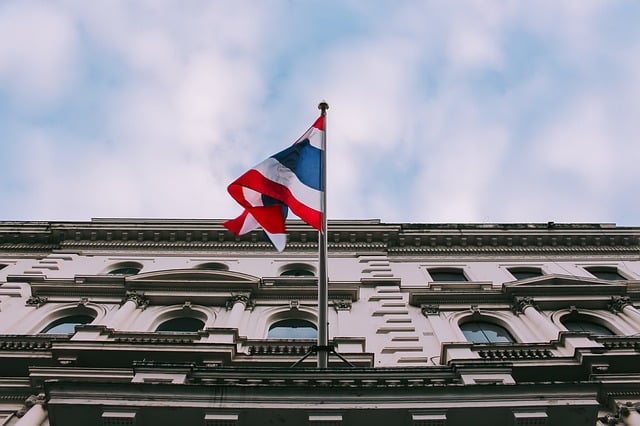4 Things to Know About Thailand’s Updated Draft NPO Bill
PUBLISHED: MARCH 2022
On January 4, 2022, the Thai Cabinet approved a revised draft non-profit organization (NPO) bill drafted by the Office of the Council of State, which replaced a prior version of the Bill approved by the Cabinet in February 2021. While containing more enabling provisions than its predecessor, the new draft NPO Bill introduces far-reaching restrictions that threaten to undermine civic space for all non-profit organizations in Thailand. These restrictions run counter to international norms regarding the freedom of association, and violate multiple aspects of international law.
Among other issues, there are four key concerns with the current draft NPO law:
1. PROHIBITIONS ON NPO OPERATIONS ARE FAR TOO BROAD, AND CAPTURE MOST LEGITIMATE, PROTECTED NPO ACTIVITY
Section 20 of the draft bill sets forth five areas in which NPOs are barred from operating, including activities that “affect the government’s security” including “relations between countries”; “affect public order, or people’s good morals, or cause divisions within society”; “affect public interest, including public safety”; or “affect the happy, normal existence of other persons.” Each of the enumerated areas is so broad that most legitimate NPO work could be captured under one or more sections. These clauses are assessed as “far beyond the law” and unduly restrict freedom of association. They are not in line with Thailand’s obligations under the International Covenant on Civil and Political Rights (ICCPR, Articles 18, 19, and 22). They are also open to arbitrary and subjective interpretation by government regulators, making their enforcement highly uncertain.
2. THE BILL IS NOT SUFFICIENTLY TARGETED IN ITS REPORTING AND DISCLOSURE REQUIREMENTS
Section 19 of the Bill requires every NPO “to disclose information regarding its name, founding objectives, implementation methods, sources of funding, and names of persons involved with its operations to ensure such information is easily accessible to government agencies and the public.” By adopting a blanket, one-size-fits-all approach to reporting and disclosure, Section 19 imposes a disproportionate burden on the NPO sector as a whole. The NPO sector is diverse, and universal reporting requirements violate the principle that regulation should be commensurate with risk.
3. THE BILL EXERTS EXCESSIVE CONTROL OVER FOREIGN FUNDING
Section 21 of the Bill requires NPOs to report all foreign funding received to the registrar with numerous details regarding the source of the funding, the bank account, amount received, and purposes for the disbursement of funds. Section 22 requires that detailed income and expense reports for foreign funding be prepared and made public, in violation of NPOs’ right to privacy.
Because these restrictions apply, without exception or threshold, to all NPOs, they impede the right to freedom of association which embraces the ability of all NPOs to seek and secure both domestic and international resources. Such controls also run counter to Financial Action Task Force (FATF) guidelines, which call for a “proportionate” and “targeted approach” in dealing with non-profits.
4. THE BILL’S FINES AND PENALTIES ARE DISPROPORTIONATE
The Bill’s penalties are concerning, especially considering that almost any legitimate NPO activity could be deemed one of the broad set of prohibited acts under Section 20 of the Bill. NPOs face termination or suspension if they run afoul of the law. Termination/suspension are among the severest penalties, which associations should only be subject to for flagrant, dangerous violations of criminal law. Moreover, NPOs which fail to cease operations if ordered to do so would be subject to fines of up to 500,000 baht (~USD 15,000) and daily fines of 10,000 baht (~USD 300). These are substantial fines in Thailand, even for larger, resourced NPOs. Section 27 would further sanction individual NPO leaders for organizational violations, undermining a key incentive for registration. Collectively, these provisions could chill individuals from forming organizations.
The Thai Government is having an open comment period on the Bill (input can be submitted here) through March 2022.
ICNL will continue to monitor legal developments around draft NPO laws in Thailand. For a more detailed analysis, including specific recommendations, please contact asia@icnl.org.
Sign up for our newsletters
Sign up
